Before the New Year, Tornado, Typhoon and Reaper aircraft conducted successful airstrikes in both Iraq and Syria.
According to a pres release:
“A precision guided Paveway IV weapon was used to destroy a Islamic State artillery position and weapons cache on the outskirts of Mosul. Concealed amongst trees under dense foliage, the Tornado was able to locate and score a hit against the Islamic State target.
A further weapons stockpile was targeted, this time in Mosul, by a Tornado-launched Brimstone weapon. The terrorist weapons were successful destroyed by a direct hit. The same Tornado formation was then tasked to a target in Syria, two kilometres north of Palmyra.
A Brimstone weapon was used in a precision attack to destroy a Islamic State artillery weapon which was mounted on a truck. Tornado aircraft conducted thorough checks before each strike to ensure that no civilians were put at risk.
Typhoon aircraft were also performing close air support duties over Iraq, supported by a Voyager air refuelling tanker. Reaper remotely piloted aircraft struck three targets in Mosul, assisting Iraqi troops on the ground. Three Hellfire missiles were launched against three separate Islamic State targets, including a mortar team hidden under a tree line.”
In December 2016, it was reported that the Royal Air Force is operating at its most intense for 25 years in a single theatre of operation which far outstripped the UK involvement in Iraq and Afghanistan – RAF jets have dropped 11 times more bombs (1,276 strikes) on Syria and Iraq in the preceding 12 months than they had in the busiest year of action in Afghanistan a decade previously.
The cost of the operations against Islamic State and other details of the campaign were revealed in a briefing paper.
In March 2015 the MoD confirmed that the net additional costs of the military air operation would be met from the Treasury Special Reserve; while the costs of training and equipping the Iraqi and Kurdish security forces, and the provision of key enablers, would be met from the MOD’s Deployed Military Activity Pool (DMAP).
In answer to a parliamentary question in September 2016 the MOD set the costs of the operation, between August 2014 and the 31st of March 2016, at £265 million (£45 million in the 2014-15 financial year, and £220 million in the 2015-16 financial year).


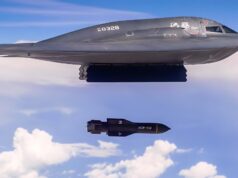
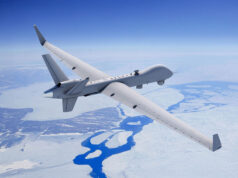

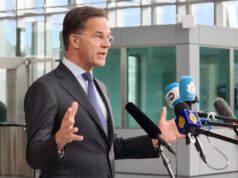

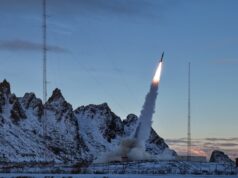
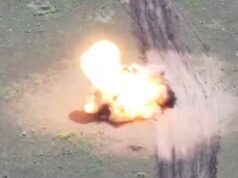

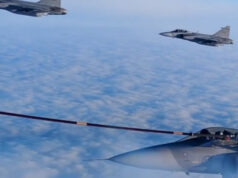
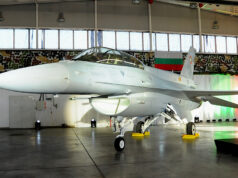

[…] UK Defence Journal reported on January 2, 2017, that the RAF had conducted airstrikes against ISIS targets in Syria and Iraq […]